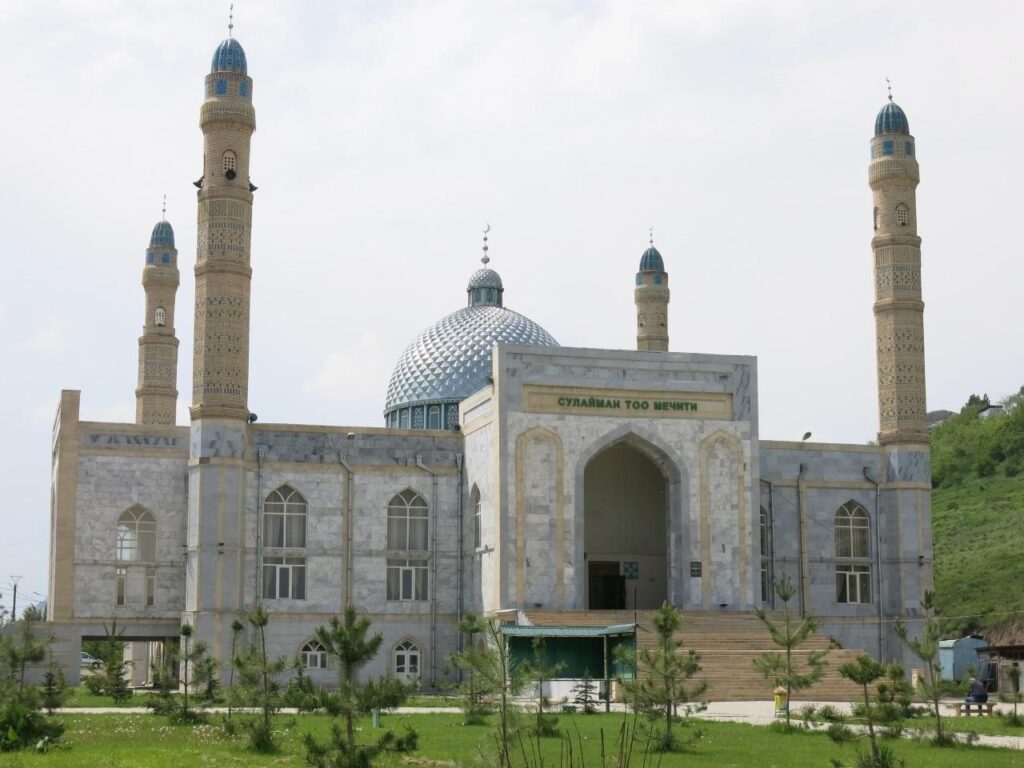Security services cited extremist concerns and building code violations as grounds for the closures.
The security services in Kyrgyzstan say they have shut down 39 mosques and 21 Islamic schools in the southern Osh region as part of an ongoing mass inspection of religious institutions.
In its August 8 statement, the State Committee for National Security, or GKNB, offered a variety of motivations for the closures, ranging from a desire to prevent alleged extremism to building code violations.
Teachers working in a number of the madrasas were unqualified and were providing unsanctioned religious education to the attending children.
The government agencies involved in the inspections, which included the Interior Ministry, the Emergency Situations Ministry, and the Health Ministry among others, found fully 48 mosques and 40 religious schools to be in violation of some or other regulation. About 40 of these institutions got off with fines.
The GKNB statement was unclearly phrased, but it seemed in part to be arguing that failure to abide by fire safety regulations and erecting buildings unlawfully on public land could in part contribute to the spread of radicalism and extremism in the Osh region.
One issue may be that many of these mosques and madrasas were operating beyond the confines of state-sanctioned Islam.
As of 2021, there were about 3,000 Islamic religious entities in Kyrgyzstan, most of which were mosques. The have been mounting reports in recent years of a flourishing of illegally operated places of prayers and religious education.
In June, the GKNB in the Jalal-Abad region, which neighbors the Osh region, said they had identified 60 mosques operating without registration issued by the state committee for religious affairs. In practice, this meant imams at the mosques may have been lacking in clerical training and did not coordinate the content of their sermons with the parastatal Spiritual Administration of Muslims of Kyrgyzstan, or DUMK.
A month earlier, the security services closed two underground madrasas in the Suzak district of the Jalal-Abad region. Children attending the madrasas were found not to be attending regular school, the GKNB said.
Source: Eurasianet


